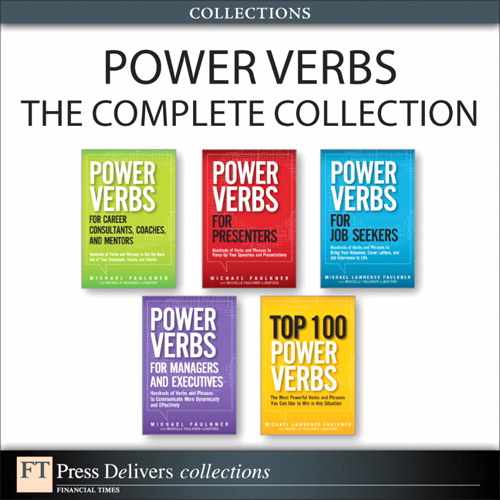Introduction
“Words mean more than what is set down on paper. It takes the human voice to infuse them with shades of deeper meaning.”
There is little doubt that communication is one of man’s most important tools. We use the tool (speaking, listening, graphic expression, and writing) to make sense of our world; to interact with other people; to network; and to express our feelings, moods, and intent. Communications, particularly our words, affect who and what we are as a species. How we use words has a major impact on the kind of world we create for ourselves and others. The roles of leaders, managers, and executives has not changed much since man became civilized but the mythologies—the way we carry out the roles—has changed.
There is a quotation attributed to Plutarch, although there are no sources that can trace it to him, which goes, “When Cicero spoke, people said, ‘How well Cicero speaks!’ But, when Demosthenes spoke, they said, ‘Let us march against Phillip.’” The point here is that when leaders speak, it is usually, but not always, to persuade. Sometimes the purpose is to inform, but as Rudyard Kipling said, “Words are the most powerful drug used by mankind” so whenever we speak, we are using a powerful human tool. Thomas Fuller may have said it best, “When the heart is afire, some sparks will fly out of the mouth.” This book will give you some sparks.
This book is not intended to teach specific skills of leadership, management, or even public speaking, oration, rhetoric, or how to deliver a good presentation. You will not learn detailed skills of visualization, or in-depth channeling of your message. You will not learn details of tone, cadence, pitch, or resonance. You will not learn the details of nonverbal body language such as hand and arm gestures. However, it is a book that will introduce these concepts (and hopefully you will explore them further on your own).
It is a book that can help make you a better leader, manager, or supervisor by helping you become a more powerful, more effective communicator. It can do this because it will help you choose the most powerful verbs—the spark of sentences—powerful verbs that will resonate deeply with people, powerful verbs that people will react to and remember.
I am referring to the power verbs that are the flame that makes phrases and sentences that will ignite peoples’ passions, the power verbs that kindle, illuminate purpose, and make people want to take action...to march on Phillip.
Michael Faulkner
